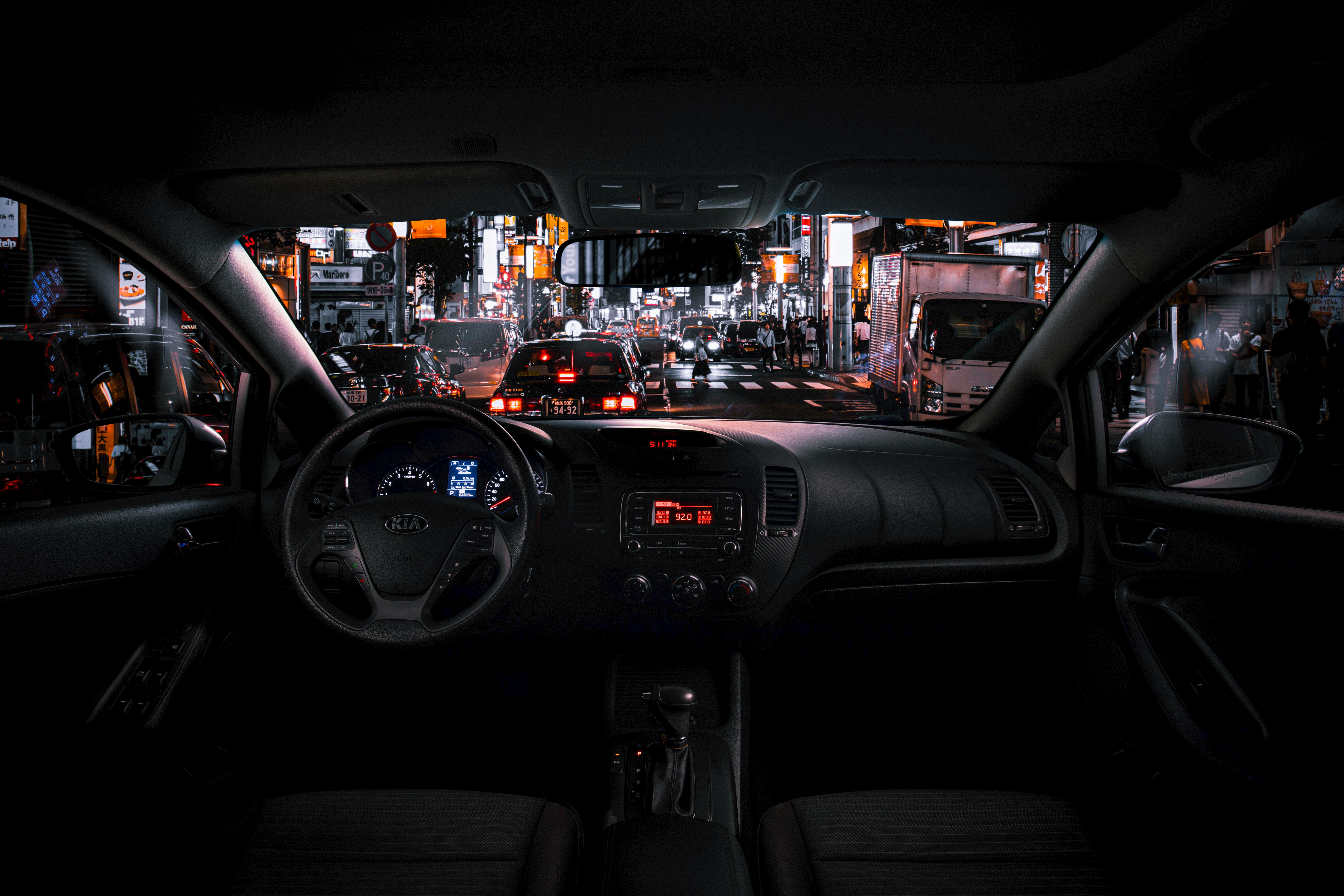Please be aware that the information presented in this article is not meant to serve as legal counsel. If you find yourself in an accident or legal situation where dash cam footage may be relevant as evidence, it’s advisable to seek the guidance of an attorney.
You might have experienced a situation like this: you’re on your way to work, enjoying your favorite podcast during the morning commute when another driver suddenly swerves into your lane, causing an accident. Despite your best efforts to avoid it, the other driver accuses you of reckless driving. Fortunately, you have dash cam footage that captures the events leading up to the incident. Can this dash cam footage be admitted in court? In many cases, yes, it can be, though the admissibility of such evidence may vary depending on the jurisdiction and specific circumstances.
Dash cam footage is generally admissible in court as long as it meets certain criteria: it should be recorded in a public place, relevant to the case, and properly authenticated, meaning it can be proven to be from your camera and recorded at the time of the incident. This evidence can be valuable not only in court but also during insurance settlements and civil cases. However, the quality and content of the video can impact its usefulness. Low-quality, grainy footage may not provide a clear enough picture to establish fault or identify the parties involved. Additionally, if the footage doesn’t fully capture the accident and the events leading up to it, its utility as evidence may be limited in court.
In the event of a serious accident where you possess dash cam footage, it’s advisable to consult with an attorney to assess the potential benefits to your case. Installing a high-quality dash cam can proactively ensure you have access to the necessary footage in case of any incident. This preparation can be valuable in protecting your legal rights and interests.

Many dash cams incorporate essential data, such as the date and time, as a watermark on the video. Advanced models with GPS capabilities can additionally display latitude/longitude coordinates and driving speed in the footage, facilitating the identification of critical details. Cloud-enabled smart dash cams store emergency or locked footage to ensure continuous access to the video.
Moreover, dash cams that capture multiple views beyond the front, including the interior cabin and rear-view, provide a comprehensive record of events before, during, and after an accident or incident, enhancing the strength of your case.
Can Dash Cam Recordings Work to Your Disadvantage?
Dash cam footage can potentially be used against you if it captures any illegal activities or behavior on your part that contributed to an accident. It’s important to consult with a legal expert before sharing the video, as even in situations where another party’s actions caused the accident, the footage can be used to demonstrate that you were engaging in activities such as speeding or improper lane changes that may have played a role in the incident.
Your post-accident behavior can be significant in your case as well. If the dash cam footage captures you displaying aggression, such as yelling at the other driver, it may undermine your position. Additionally, low-quality video could be detrimental to your case if it fails to offer a clear view of the incident or the determination of fault.
Is It Possible to Share Dash Cam Footage with Law Enforcement?
Sending your dash cam video to the police can be a useful way to assist in investigations, especially if the video captures illegal or criminal activities such as hit and runs, vandalism, or theft. However, it’s essential to be cautious about how you handle the video, as any questionable behavior on your part could potentially be used against you. Additionally, in the event the case goes to court and your dash cam footage is presented as evidence, you might be called to testify. To ensure you handle the situation correctly and understand the legal implications, it’s advisable to consult with an attorney before sharing dash cam footage with law enforcement.
The process for submitting dash cam footage to the police in your jurisdiction can vary, so it’s advisable to contact your local police department through a non-emergency phone number or other available means to inquire about their specific procedures. In some cases, you may be required to submit the SD memory card from your dash camera, or the entire camera if it lacks a removable memory card, rather than sharing a digital file. This approach allows the police to assess the recording’s authenticity and ensure it hasn’t been tampered with or edited. If digital video submissions are accepted, be aware that dash cam media files are typically large, making email attachments impractical due to size limitations. Instead, consider using a file sharing service that accommodates large files. Regardless of the method you use, creating a personal backup of all videos before submitting dash cam footage to the police is a wise precaution.
Post time: Oct-23-2023

